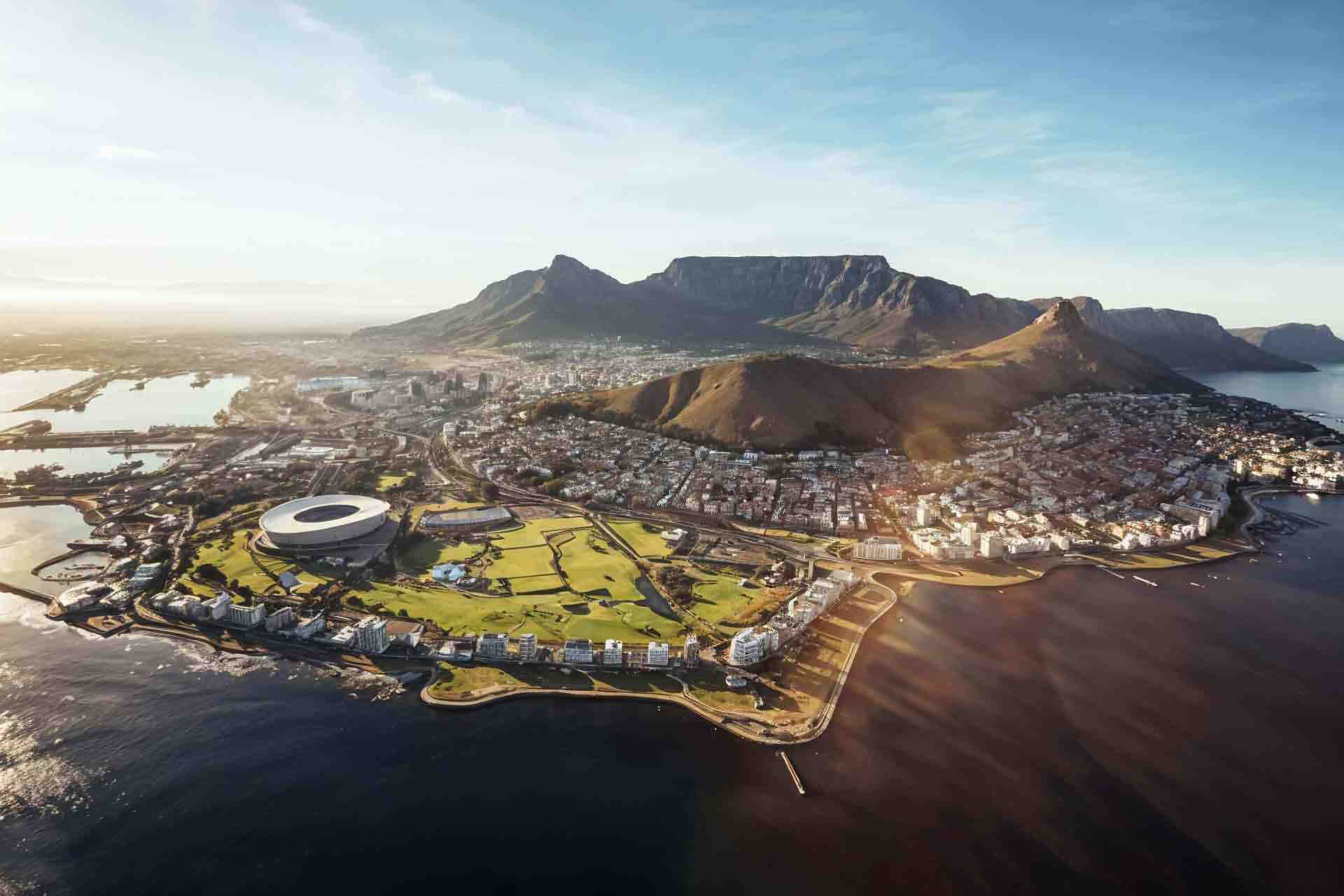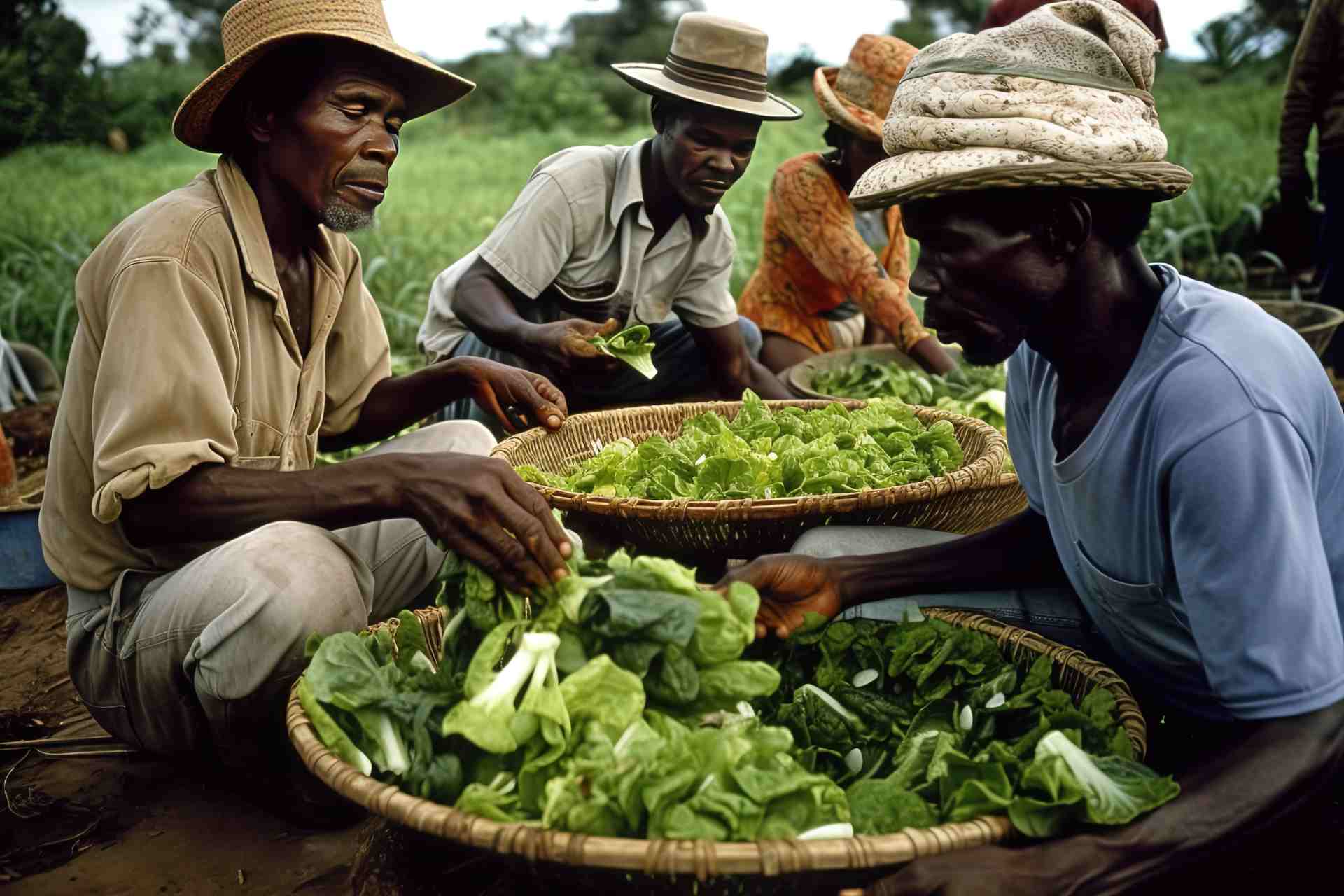Top 10 African Countries with the Highest Money Supply in 2024
Africa still attracts investors all around because of its great variety and untapped potential. Certain African countries have become financial powerhouses in 2024 with large wealth that reflects their economic vitality and make investing in Africa a lot more beneficial.
List of African Countries with the Highest Money Supply
1. Mauritius
Leading the group, Mauritius has a strong money supply, therefore highlighting its role as the financial center in the Indian Ocean. The country’s strategic position and friendly business climate appeal to investors looking for stability and expansion.
2. Cabo Verde
The remarkable money flow of Cabo Verde underlines its increasing economic significance. The nation’s dedication to infrastructural development and economic reforms offers several investment possibilities, especially in the industries of tourism and renewable energy.
3. Seychelles
With its large financial industry demonstrated by its considerable money supply, Seychelles is The country’s emphasis on eco-tourism and sustainable development presents special business prospects for those engaged in green projects.
4. South Africa
South Africa’s huge money flow shows its varied economy since it is the most industrialized country on the continent. Important industries including finance, manufacturing, and mining still draw local as well as foreign investors.
5. Namibia
Driven by mining, agriculture, and tourism, Namibia’s expanding money supply reflects its economic growth. The nation’s steady political climate and dedication to sustainable development appeal to investors.
6. Senegal
Senegal’s rising money supply indicates its economic resilience and expansion. Focusing on infrastructure development and a growing digital sector, Senegal offers several commercial prospects for forward-looking investors.
7. Burundi
Despite difficulties, Burundi’s increasing money supply points to possible economic growth. Prospective investors might discover opportunities in infrastructure, mining, and agriculture.
8. Ghana
Driven by gold mining, oil, and agriculture, Ghana’s growing money supply reflects its economic development. The nation appeals to investors because of its dedication to economic reforms and friendly investing environment.
9. Kenya
Kenya’s large wealth of money emphasizes its economic powerhouse position among East Africa. Kenya presents many investment prospects with a strong IT sector, rising middle class, and strategic location.
10. Nigeria
Nigeria’s massive money supply emphasizes its rank as the biggest economy in Africa. Considering difficulties, the nation’s great natural resources, sizable consumer market, and continuous economic reforms create strong investment opportunities.
Investment Opportunities in Africa

The active markets offer many Investment Opportunities in Africa:
Infrastructure Development: Demand for infrastructure projects like transportation, housing, and utilities resulting from continuous urbanization and industrialization drives the development of these sectors.
Consumer Goods and Retail: Demand for consumer goods and retail services is driven by the young population and middle class development.
Financial Services: Expanding banking, insurance, and mobile money apps helps to satisfy a population growing in financial inclusion.
Business Opportunities in Africa
The dynamic markets present numerous business opportunities in Africa:
Infrastructure Development: Ongoing urbanization and industrialization create demand for infrastructure projects, including transportation, housing, and utilities.
Consumer Goods and Retail: A growing middle class and youthful population drive demand for consumer products and retail services.
Financial Services: The expansion of banking, insurance, and mobile money services caters to an increasingly financially inclusive population.
Investing in Africa: Issues and Approaches
Although Africa has interesting investment opportunities, it is advisable to approach it with well-informed plans.
Due Diligence: Due diligence is doing an extensive study to grasp local markets, legal system creates sustainable operations.
Partnerships: Collaborate with local businesses and stakeholders to navigate the market effectively and build sustainable operations.
Risk Management:Create plans to reduce hazards connected to political unrest, economic volatility, and changes in the value of money.
With their significant money supplies, Africa’s top economies in 2024 ultimately show a region full of possibilities. Investors can leverage a multitude of possibilities across many industries by deliberately interacting with these marketplaces, therefore supporting and benefiting Africa’s dynamic economic environment.
FAQ
1. How is the money supply measured in a country?
Mostly divided into M0, M1, M2, and M3, the money supply measures reflect multiple facets. M0 is really all the tangible money in use. M1 adds demand deposits—including checking accounts, while M2 contains M1 together with time deposits and savings accounts. M3 goes one step further considering more institutional funds. To evaluate the economic condition and liquidity of an economy, central banks and financial authorities painstakingly check these criteria. The layers of these assessments draw attention to the complexity and many character of the monetary foundation for a nation.
2. Which African country has the highest money supply in 2024?
Supported by its great economic size, rich resource base, and wide consumer market, Nigeria tops the continent with the greatest money supply in 2024. Being the biggest economy in Africa, Nigeria’s financial system shows a dynamic interaction between domestic spending, remittances, and resource-driven income. Although the numbers highlight its economic strength, the issues of inflation and fiscal control still apply and help to provide a complex picture of the financial situation of the nation.
3. What factors influence a country’s money supply?
Several factors interact to determine a nation’s monetary flow. Most important are central bank policies including reserve requirements and open market activities. Directly affecting liquidity levels are economic activity including consumer expenditure and GDP growth. Another level of complexity is added by outside factors including capital flows and reserves of foreign currencies. Furthermore, greatly influencing the amount of money in the economy is political stability and inflationary pressures. It’s a fine balance; too little can impede economic development while too much can cause inflation.
4. Does a high money supply indicate a strong economy?
Not quite. If not supported by actual economic development, a high money supply can indicate inflationary pressures even while it can reflect a strong economy with active trade and consumer confidence. For example, prices may rise and lower buying power results from the expansion in the money supply without a matching rise in goods and services. Therefore, even if a large money supply might suggest liquidity and economic vitality, its strength resides in how it fits production, unemployment rates, and fiscal policies.
5. What role do central banks play in controlling the money supply?
The designers of a nation’s financial stability are its central banks. They control the flow of money in the economy by means of mechanisms including reserve ratio requirements, interest rate changes, and open market activities. For example, central banks can cut borrowing by increasing interest rates, therefore lowering the money flow. Buying government assets, on the other hand, adds system liquidity. By means of policies to stabilize inflation and maintain economic momentum, these institutions also serve as stewards during a financial crisis. Their exact and great impact on money supply shapes the business opportunities in Africa.
6. How does money supply impact foreign investment in Africa?
Foreign investors pay great attention to the money supply since it serves as a gauge of the fiscal situation and liquidity of an economy. Strong fiscal policies, balanced with a well-regulated money supply and steady inflation, draw investment opportunities in Africa by implying economic stability. Countries with a strong money supply in Africa usually welcome more international investment because of their attractive infrastructure projects and resource development. But too high money supply causing inflation or devaluation of currencies will discourage investors, so careful monetary policies are essential to keep Africa appealing as an investment target.





